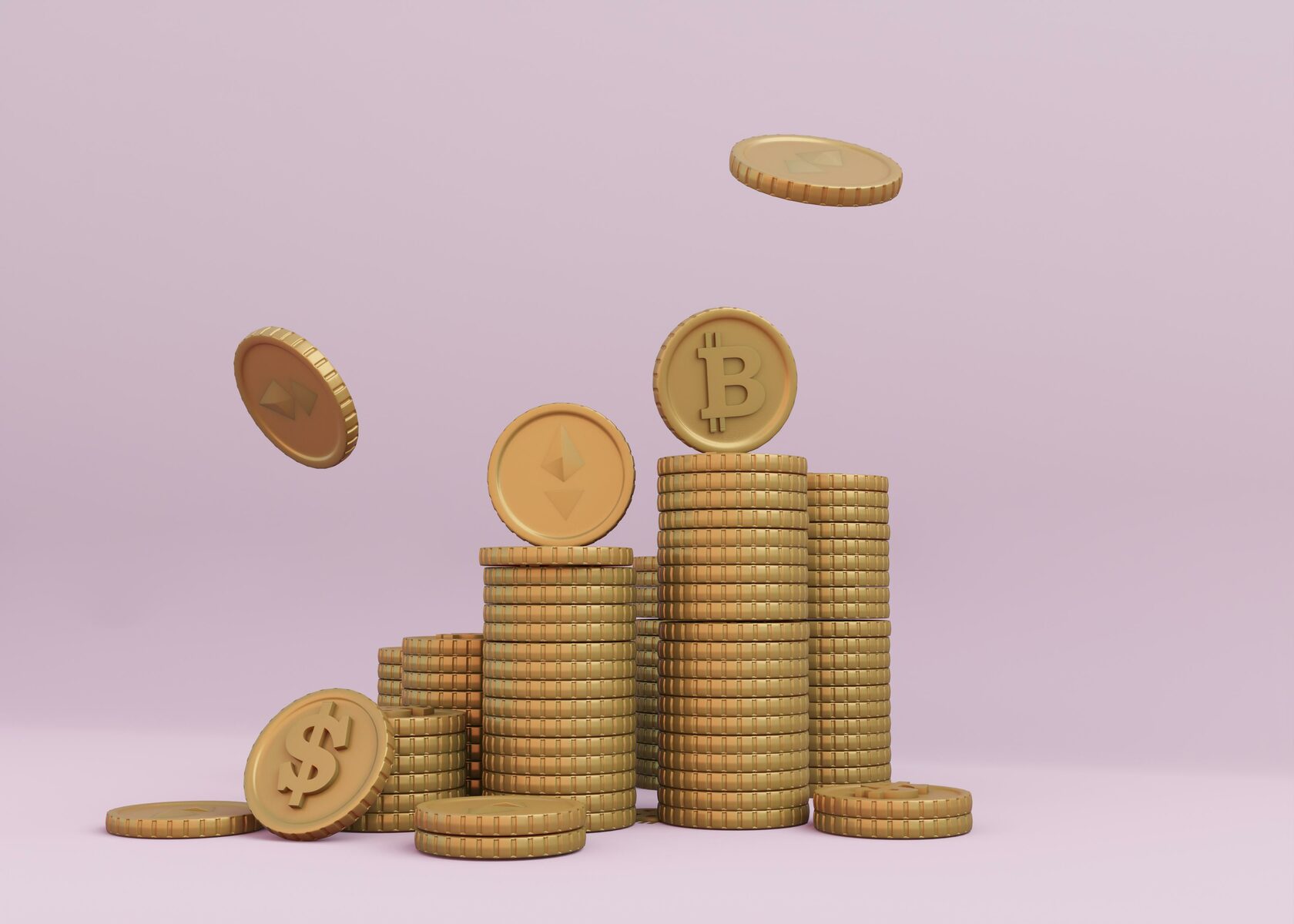Lone wolf McQuade.
This happened on January 24, when ASIC with 86.5 TH/s validated the block on its own and received a reward of 6.25 BTC for it (~$220,000 at the end of January). Despite the fact that two days ago, on January 22, the mining difficulty ATH record was broken, and also the fact that miners have been joining mining pools for many years in order to distribute hash power and increase the probability of earning reward from a block – this unknown single miner took his toll.We don't even know what specific ASIC model it does. We only know an approximate hashrate of 86.5 TH/s. The miner belonged to the amateur pool CKPool. This pool is profiled on solo mining. His admin Con Kolivas tweeted what happened.
Macro numbers, micro chances.
To understand how unlikely such an event is, we have to compare the hash power of the average large pool with the hash power of this miner. Let's take, for example, F2Pool (which has ~15% of all mining power) and its total hashrate of 28.79 EH/s. And 86 TH/s from this unknown miner. Ah, sorry – 86.5 TH/s.For those who are not strong in mathematics – here's the visual comparison of these powers in hashes, without unit prefixes (warning: too many nulls):
86,500,000,000,000 hashes decrypted per second by this lucky miner
28,790,000,000,000,000,000H/s decrypted by whole miners of F2P Pool
188,480,000,000,000,000,000 H/s whole Bitcoin network hash power for now
So the chance of getting any kind of reward, without participating in a large pool, would be about 1 in 330,000.
In general, the probability of finding a block without will be around one in more than two million.














